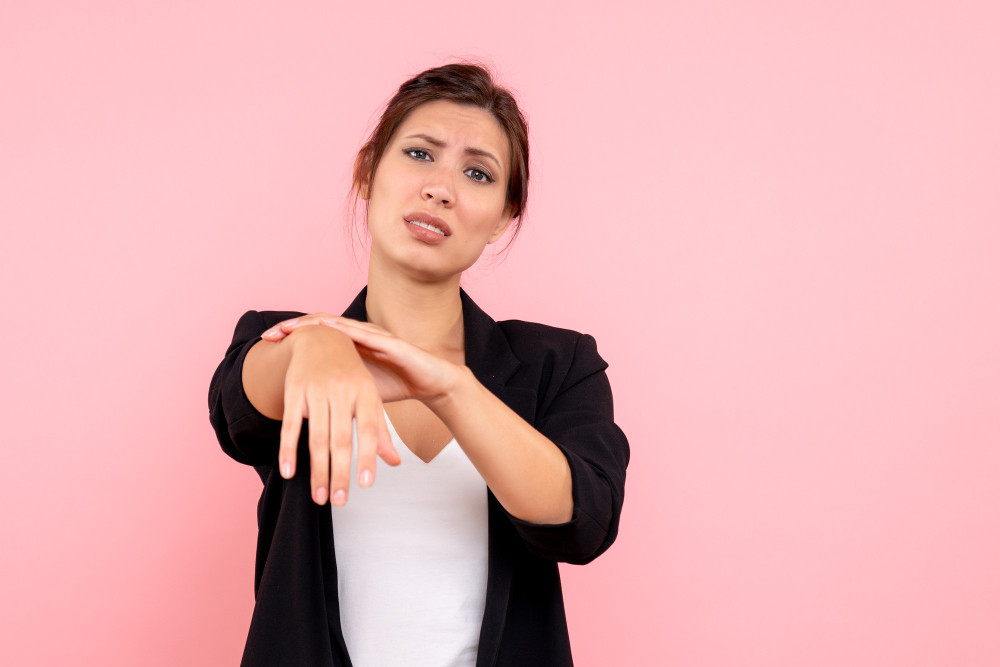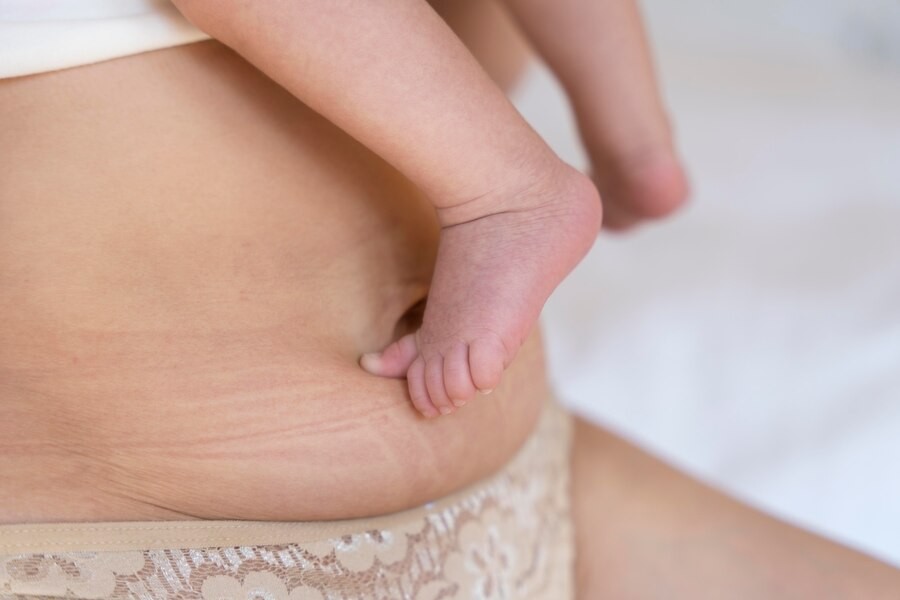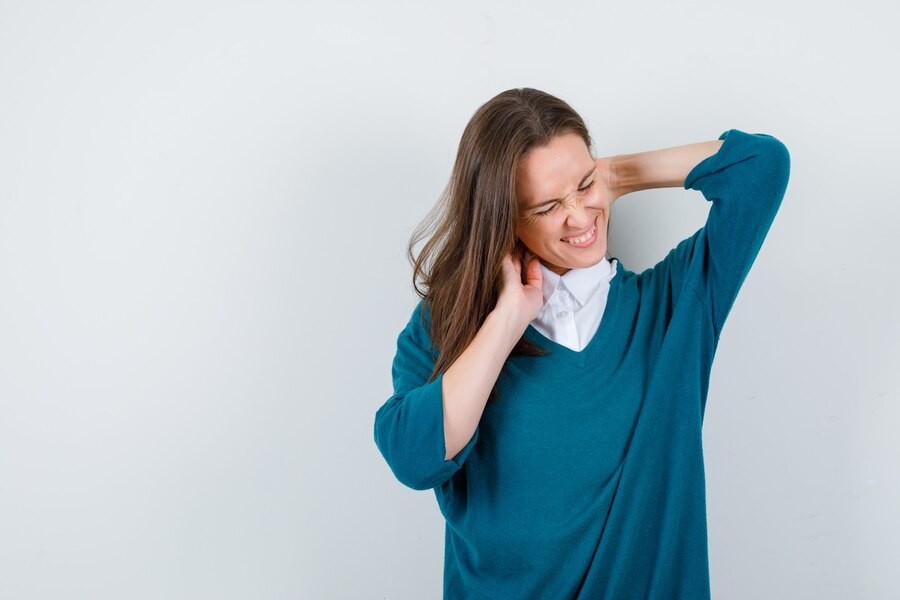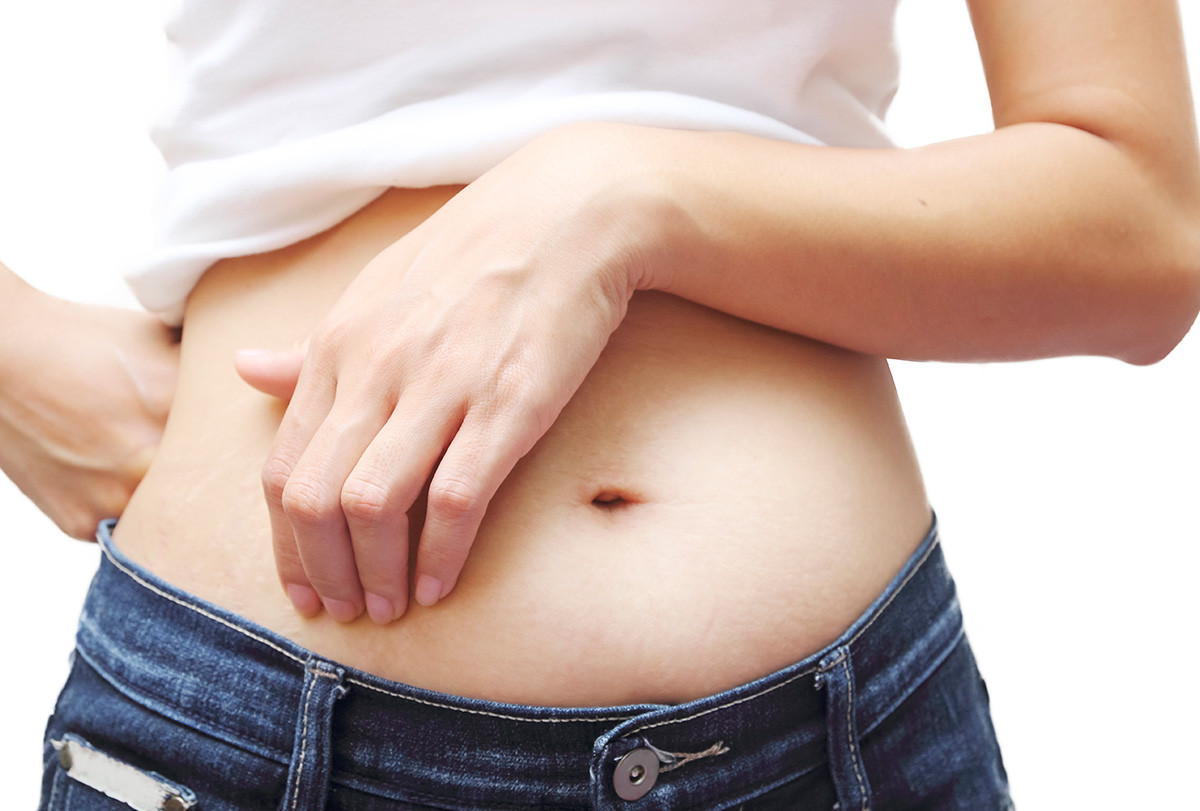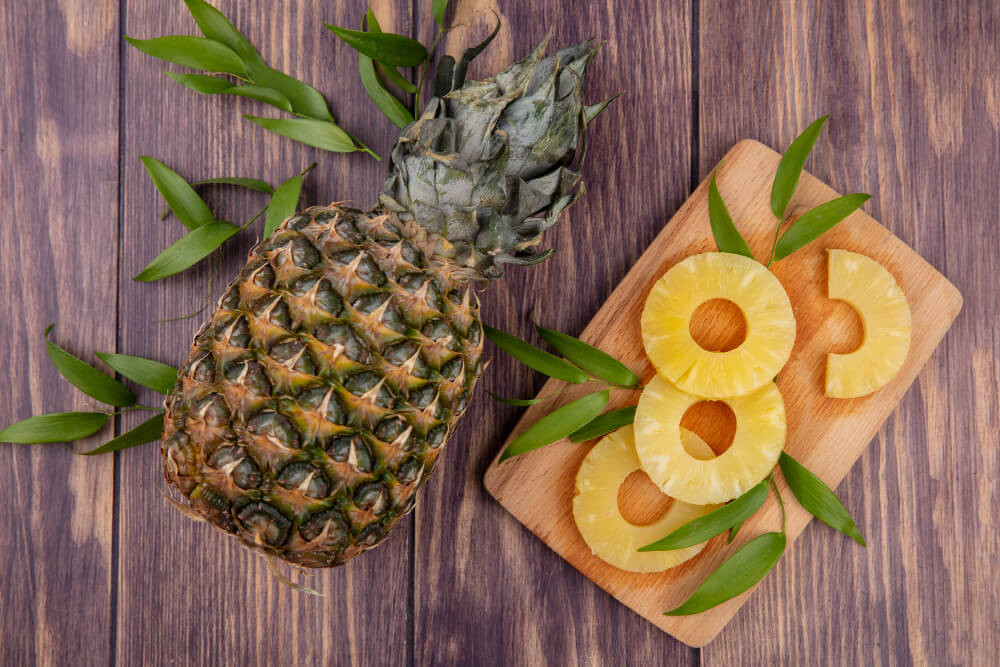Both pregnancy and delivery may induce itchiness in the mother. While certain types of itchiness may appear and disappear immediately after giving birth, there are others that persist or even manifest exclusively after giving birth. Read the following article to find out a number of the potential causes of postpartum itchiness.
Top causes of itchiness after childbirth
The mother's body will experience a number of hormonal changes following childbirth, which could lead to a variety of medical issues.
There are a few reasons why women experience itchiness after delivery:
Dry skin
It is possible for hormonal changes, such as those caused by progesterone and estrogen, to affect the texture of the skin, resulting in dry and scaly skin. This is something that typically happens throughout pregnancy and gets better after birth, but there are some cases in which it can also continue after delivery.
Increasing fluid intake, consuming nutrient-dense foods that are rich in water, and applying a moisturizing cream that can retain skin moisture are typical methods for treating dehydrated skin. To prevent dry skin, it is best to avoid taking baths or showers in excessively heated water.
Postpartum hives
Postpartum pruritus might also manifest as urticaria. Hives, also known as urticaria, are pruritic elevations that manifest on the skin, typically as a skin response to the release of histamine triggered by allergic reactions.
Postpartum might induce heightened sensitivity to allergens in certain individuals, causing them to be more vulnerable to allergies. For instance, if a mother has an allergy to high amounts of prolactin, the prolactin produced during breastfeeding can lead to postpartum itchiness.
Along with these factors, the stress of the mother having to care for the newborn can also result in hives after giving birth. During pregnancy, changes in habits and taking care of newborns whose lives depend on the mother can also cause stress, which is one of the things that can cause hives.
Postpartum tyroiditis
Postpartum thyroiditis is a disease characterized by inflammation and enlargement of the mother's thyroid gland following childbirth. This condition is an uncommon medical disorder and is frequently mistaken for postpartum depression due to the similarity in emotional changes seen by both.
Common symptoms of postpartum thyroiditis include anxiety issues, alopecia, tachycardia, and heat intolerance. As the condition worsens, symptoms like exhaustion, melancholy, parched skin, difficulty passing stool, and a decreased production of breast milk are present.
Obstetric cholestasis
Late in pregnancy, some women experience a liver disease known as obstetric cholestasis. If the normal flow of bile is inhibited or stopped due to this disease, the patient may have severe itching without a rash. The itching usually goes away soon after giving birth, but it may persist for a few days.
When dealing with postpartum itchiness, it's important to apply treatment to the underlying reason. You can use a moisturizing cream to stop the itching that dry skin causes. After giving delivery, it's best to dress in loose, sweat-absorbing fabrics like cotton for regular wear. If you suffer from allergies, it's best to stay away from things that cause itchiness.
If there is another medical issue causing the itching after giving birth, the doctor may prescribe medication to relieve it. The doctor might advise taking medications like epinephrine, antihistamines, steroid creams, and others.
After giving birth, itching is a common occurrence. If you need medical advice or consultation, you can either visit a doctor or make use of the consultation features that are available in the Ai Care application by downloading the Ai Care application from the App Store or Play Store.
Looking for more tips and tricks about health, first aid, and home remedies? Click here!
- dr Nadia Opmalina
Iftikhar, N. (2020). All About Treating Hives After Pregnancy. Available from: https://www.healthline.com/health/postpartum-hives
Neuman, A. (2023). Everything to Know About Postpartum Recovery After a Vaginal Birth. Available from: https://www.thebump.com/a/postpartum-recovery
Millard, E. (2022). Postpartum skin changes. Available from: https://www.babycenter.com/baby/postpartum-health/postpartum-skin-changes_40009344
Sissons, B. (2023). What to know about postpartum hives. Available from: https://www.medicalnewstoday.com/articles/postpartum-hives#
Cleveland Clinic. Postpartym Thyroiditis. Available from: https://my.clevelandclinic.org/health/diseases/15294-postpartum-thyroiditis
BucksHealthcare. NHS. UK. Obstetric cholestasis postnatal information. Available from: https://www.buckshealthcare.nhs.uk/birthchoices/pifs/obstetric-cholestasis-postnatal-information/#


